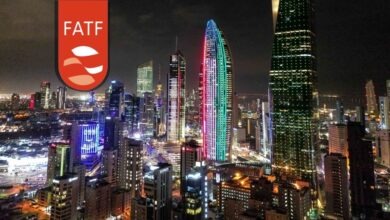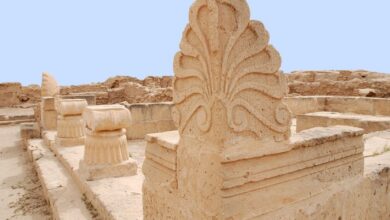People whose citizenships have been revoked given one-year to adjust legal status
. . . may keep housing, education rights, not senior positions; to be suspended if convicted of a felony, crime involving honor or trust, state security offenses, or crimes deemed offensive to religion, prophets, or national symbols.

The Ministry of Interior stresses the importance of timely compliance, updating records, and coordination with the relevant authorities — by citizens whose citizenship has been revoked — to avoid legal complications and reaffirms its commitment to justice, transparency, and upholding humanitarian considerations when dealing with cases under the ‘Grand Acts of Worship’ clause, to ensure legal and social stability.
The regulations announced by the Ministry outline the procedures, instructions, benefits that were granted, and cases which may lead to suspension of benefits, and various legal obligations.
In a statement, the Ministry emphasized that the goal is to facilitate the adjustment process and continue providing benefits within a framework that honors those whose nationalities were withdrawn for noble deeds, as well as their dependents.
One of the key provisions includes allowing affected persons to travel using the Kuwaiti passports for four months, effective from July 20, 2025, for all cases where a withdrawal decree was issued before that date. For future cases, the four-month window will be counted from the issuance date of the decree, giving time for legal status adjustment.
The Ministry has urged full compliance with the outlined procedures. Individuals and their dependents must coordinate with their respective embassies to retrieve their original nationality passports or obtain an official document that allows legal residency in Kuwait.
A one-year grace period is granted from the date the withdrawal decree is published in the Official Gazette to complete these steps.
Failure to begin the process within the first three months may result in the cancellation of benefits, unless the person provides proof of serious action taken to correct their status.
The affected persons may continue working in government sectors or government-affiliated companies, provided their employment was based on contracts through the Civil Service Bureau or public entities. However, they will no longer be eligible for supervisory or senior positions.
The Ministry clarified that students may continue their studies at all levels, including ongoing diploma, university, or postgraduate programs, and retain scholarships (both internal and external) that were granted prior to the nationality revocation.
Persons whose nationalities have been revoked are allowed to retain one private residence in Kuwait. Exceptions are made for those with multiple spouses, permitting more than one home for private residence purposes.
Those who completed their housing construction and received full Credit Bank payments may retain their home, but must repay the loan within one year from the publication of the decree.
If construction has begun under a permit, it must be completed at the individual’s expense, and the Credit Bank loan repaid within two years. Those who received land and a building permit but haven’t started construction may keep the land, but must build and occupy it within two years.
The Ministry confirmed that people who have been affected may continue to sponsor domestic workers and own private vehicles, following current regulations.
However, they lose the eligibility for state public property such as chalets, farms, and commercial or industrial plots. They are granted a five-year window to transfer ownership of these properties — without fees — to a first-degree Kuwaiti relative.
For personally-owned commercial, investment, or vacant lands, individuals must transfer ownership within five years through sale, gift, or legal assignment.
The benefits will be immediately suspended if the individual is convicted of a felony, a crime involving honor or trust, state security offenses, or crimes deemed offensive to religion, prophets, or national symbols.
Moreover, benefits will stop if an individual fails to secure his/her original nationality or an official residency document within one year from the date of publication of the decree.
While amending the legal status is required, it does not prevent the individual from submitting a grievance to the Grievance Committee for Citizenship Withdrawal, formed by Cabinet Resolution No. 207 of 2025, and amended by Resolution No. 493 of 2025.
The Ministry stresses the importance of timely compliance, updating records, and coordinating with relevant authorities to avoid legal complications and reaffirms its commitment to justice, transparency, and upholding humanitarian considerations when dealing with cases under the ‘Grand Acts of Worship’ clause, to ensure legal and social stability.












